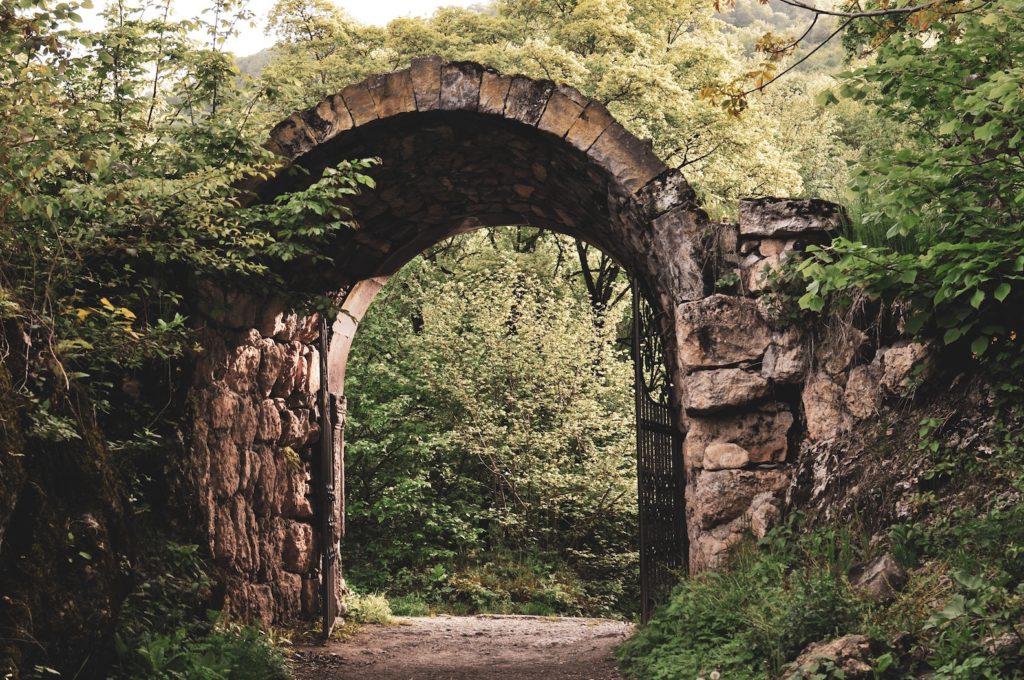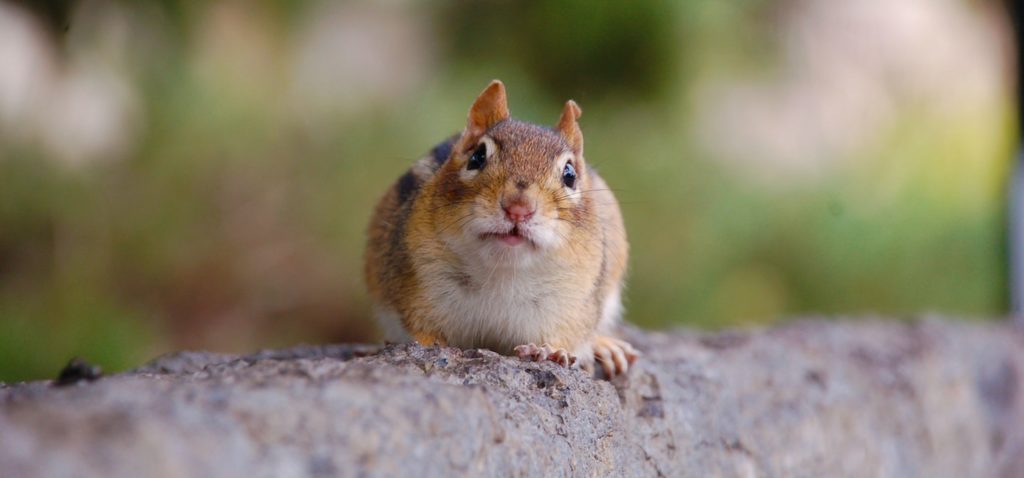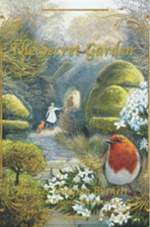
This week, I had a brief encounter with magic. It came from reading a book, and remembering.
When we were children, if we were lucky, magic lived in us.
We might have found it when we were playing outdoors, making up stories with a friend, or reading a book. For me, magic was wandering alone through the forest, connecting with the plants and animals, and inventing tales.
This wasn’t the magic of tricks and spells, or Harry Potter and Hogwarts, but a feeling of being one with the world, curious, as if I’d been given glasses that could help me see wonder where once only ordinary had been. When magic came alive, my world was OK, good even, with a kind of harmony, as if humans, chipmunks, slender birches, granite boulders, and even stinky skunk cabbage belonged together.

Magic was a way, for a moment, of stepping away from what other people taught me, to a place where a different kind of knowledge lived within me.
I grew up, of course, and faced the rewards and risks that entailed. As we grow up, we learn about things, and how they work; we learn diverse perspectives and information we need to run our lives. We become responsible for ourselves and others. But, unless we were very lucky, as we learn to think about the world rather than feeling the world living within us, we lose some of our access to wonder.
We begin to think more about how to use things instead of feeling our relationship with the things, animals, and people in our lives. We stop feeling the special essence in a spoon or a stone, or letting things speak to us in a way that lights up our imaginations.
We grow old.
Getting older
However, as we reach the point in time when we’re ready to call ourselves old, life blesses us with a secret, or can bless us if we’re ready to listen. We can’t return to our ages from the past, but we can step back into magic. To recover it might require setting aside some of what we know, along with any requirement to be seen as credible, professional, or responsible.
Magic doesn’t care about that stuff. It asks us, at least some of the time, to play without purpose and to recover delight.
A journey back in time

This week, I picked up a favorite book from my childhood, The Secret Garden, and spent eight hours in delight, as its magic filled me again. (I read it without illustrations and loved making up my own images.)
For those moments, I was no longer the adult gardener with 5431 weeds reminding me they need to be pulled by tomorrow. I could set aside feeling so overwhelmed by my garden at this time of year. I could travel instead into the magic of gardens, feeling the miracles in growing vines, seeds that send shoots up through dark earth, robins that look after us, and animals that speak, at least to our hearts
The book enchants. Most likely, as a child, I didn’t pay attention to its metaphors. But now, as I read, I wonder if there might not be a secret place living in each of us, locked and untended, where the wild still grows. When we enter that world with reverence, we find the imagination living within its walls, unkempt and uncared for, but still very much alive. We find magic.
I returned to my garden, grateful for the life springing forth, if still overwhelmed by the work it needed. I grew tired. Then, I did what I never do, or haven’t in a very long time: I lay down on the grass under the apple tree and stared up at the sky. And did nothing at all.

Doing nothing
Nothing is harder to do than you might think. Thoughts and ideas wanted to rush in. But “nothing” felt like a gateway into curiosity, as I watched the apple blossoms changing from pink to white, the robins picking away at who knows what, and the clouds in the background. Noisy birds chirped nearby, with songs I would not have otherwise heard. Nature seemed busy and cheerful and up to its own purposes.
Reading The Secret Garden was the permission I needed to become a guest in the magic of my own backyard.
I suspect that we all need more of the magic of delighting in nature so that we can stop objectifying animals, plants, and the people around us–treating them too often like things. Instead, we can allow nature, and the world, to speak to us through our senses and imaginations.
By imagination, I don’t mean fantasy, although imagination might lead us there. I think of the imagination as an opening to a different way of being in the world.
Some people take forest baths to refresh themselves. Spending time with our imaginations can give us a similar renewal. Reading The Secret Garden, I became, once again, the girl who ran through the woods, sipped on cool breezes, and drank in the stars.
I don’t know what book, memory, adventure, or shift in perspective can give you a taste of that magic. I do know we need more of it in this beleaguered world.
Some define the imagination as the opposite of what we can see, measure, and label as “reality.” I see the imagination as a portal through which we see reality, but with new eyes, able to sense what we otherwise might miss.
Reading The Secret Garden opened me to what I knew as a child but often forgot. We all have a secret garden within us. What kind of play, book, insight or adventure will help you find yours?










6 Responses
So happy you write about the magic of our day-to-day lives. I’d like to add the magic that happens when we come together and create something new out of whatever is going on in our lives. Here’s to the magic of creativity, on or off stage!!!
So true, Mary, thanks for your addition. Creativity can have a we-ness as well, which is why I love improv, as I know you do!
Rereading “The Phantom Tollbooth” from my youth always evokes enchantment for me. And the illustrations by Village Voice cartoonist Jules Feiffer (that really dates me) add to the magic.
Thanks Gretchen. Perhaps, we need a booklist of enchanting stories, some from our youth, we can turn to when we need magic.
This is really lovely Sally. I have been in need of an antidote to beleaguerment!
Thank you Katie.